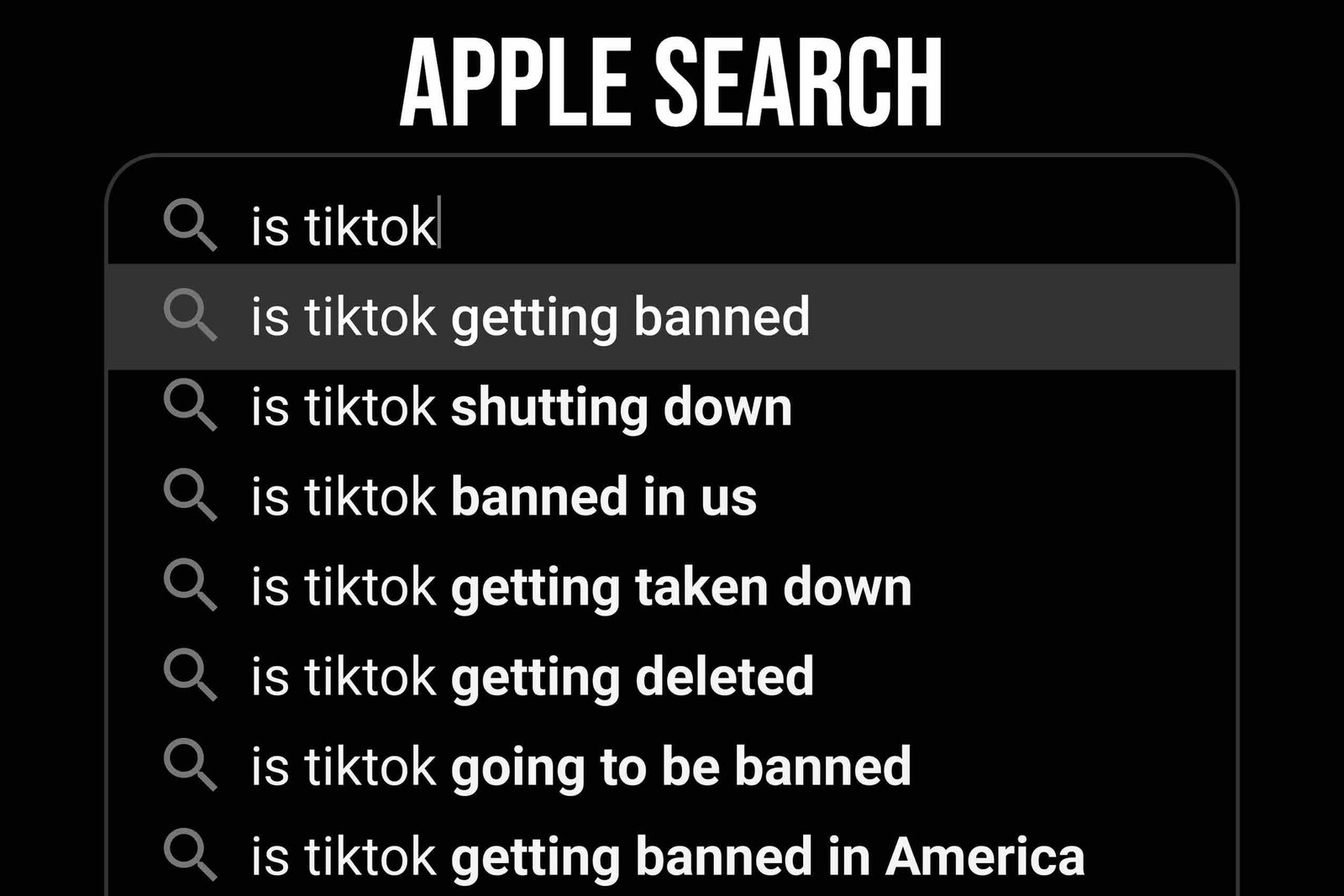As US antitrust authorities threaten multibillion-dollar payments made by Google to secure prime placement of its engine on the iPhone, Apple is stepping up efforts to develop its own search technology.
As the newest version of the iPhone operating system, iOS 14, has been slightly changed, Apple began showing its own search results and connecting directly to websites when users type requests from their home screen.
According to several industry representatives, web search capability represents significant progress in Apple’s in-house development.
Silicon Valley is notoriously secretive about its internal projects, but the move adds to the growing evidence that it is working to build a rival to Google’s search engine.
Apple poached Google’s search manager John Giannandrea two and a half years ago. The contract was apparently designed to boost its artificial intelligence capabilities and its Siri virtual assistant, but it also brought eight years of experience running the world’s most popular search engine.
The increased internal search capability of the company provides the company with an alternative if regulators block Google’s lucrative partnership. When a case was brought before the US Department of Justice last week that Google makes Apple a default search tool for the iPhone, the initiative was urgently increased.
“I think [Apple] has a credible team that, if they want a more general search machine, have the experience and depth to build,” said Bill Coughran, Google’s former Chief Engineer, who now works with Sequoia Capital, the Silicon Valley investor.
Apple’s frequent search engineer job advertisements are not short on ambition, inviting candidates to “define and implement Apple ‘s groundbreaking search technology architecture.”
Search marketers are also pointing to increased activity from the once-obscure web crawler of the iPhone maker, Applebot, which uses the vast database of online material to form the basis for any search engine.
Suganthan Mohanadasan, a digital marketing consultant, said Applebot has shown “a ridiculous number of times” on its customers’ websites in recent weeks. “When the rates rise, it tells us they try to collect more information.”
Most significantly, iOS 14 has sidelined Google for certain search functions. Requests made by swiping from your home screen right through the search window, which Apple calls “Today’s view,” show a list of search proposals generated by Apple rather than Google results. These results include “autocomplete”-style suggestions made by Apple, which show that it is learning from the most common queries of its 1 billion users.
It could take years to build a true rival to Google’s search engine. However, Apple is expected to make long-term investments this year when profit exceeds $55 billion, and net cash reserves exceed $81 billion.
From custom chips powered by everything from the iPhone to its AirPods and Watch Accessories, to the close integration of software and hardware Apple has historically tried to own and control the most important components of its products.
But for more than a decade, Apple has stuck on Google as the default iPhone search engine.
But now, Apple is increasingly encouraged to change the situation as regulators force them to choose between advocating for their relationship with Google or to look for their long-term partner.
The US DoJ has put Google’s estimated $8 billion-12 billion annual payments at the heart of its online trust case to be the iPhone’s default search engine.
The case “opens another front for Apple” alongside legal fights with Epic Games and others regarding the role of App Store’s gatekeeper, said Sharis Pozen, co-head of the international antitrust practice at Clifford Chance, and former assistant attorney general at the DoJ. “Apple is going to be central,” she added, “walking a line” to explain why Google took trillions of dollars.
The DoJ may require an end to the exclusive agreement so that others have equal access to the search default of the iPhone.
Apple has previously stumbled to create a Google rival. When Apple Maps was first launched in 2012, it was so prone to mistakes that Scott Forstall, one of the company’s top lieutenants to late co-founder Steve Jobs, was forced to resign.
But one of the few companies with the resources to index the web from scratch is Apple. Many of the smaller Google rivals license their Index from Microsoft’s Bing, including DuckDuckGo, which Apple already offers in its Safari browser as an alternative to Google, and Neeva, a Silicon Valley start-up founded by two former Google directors.
The position of Apple is very distinctive because it has the iPhone and iOS. It controls the default browser, “Sridhar Ramaswamy, co-founder of Neeva and former head of publicity for Google, said. In expanding Apple’s search, he said, because Apple is capable of collecting the data and learning from large-scale user behavior.
Over 20 years after the Google foundation, building a search engine today is “technically still very hard, but not as difficult as ever,” says Mr. Coughran, an investor of 35 million dollars in Neeva. This is partly due to cheaper cloud systems and open-source tools that Apple and start-ups like Neeva have access to.
Still, the scale of the problem is daunting. “There must be 20 billion-50 billion pages in its active index on a reasonable search engine,” Mr. Ramaswamy said. The recovery system must screen large volumes of data when a user runs a query, and then classify them in milliseconds.
The concept of Apple creating a full search rival to Google is still dismissed by some observers.
Dan Wang, an associate business professor at the Columbia Business School, said Apple would never catch up with “extremely difficult.”
“The benefit of Google comes from scale,” he said, as endless user feedback helps tune outcomes and identify areas of enhancement. “Google takes hundreds of millions of queries from users around the world every minute — this is an enormous benefit in terms of data.”









